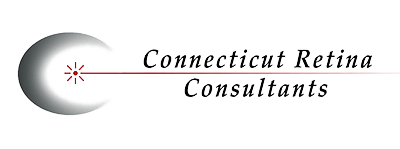Laser Photocoagulation Specialist in Connecticut
Common questions asked by patients: How long does it take to recover from laser photocoagulation? What should you not do after photocoagulation? Is laser photocoagulation considered surgery?
Contact us for more information. We have convenient locations to serve you in Connecticut. We serve patients from Hamden CT, Norwalk CT, Trumbull CT, New Haven CT, Madison CT, Fairfield CT, Stratford CT, Northford CT, Woodbridge CT, Stamford CT, Weston CT, Bridgeport CT, Milford CT, North Haven Bridge CT, West Shore CT, Clinton CT, Guilford CT, and surrounding areas.




In conjunction with optical equipment and lenses, the power of a laser can be focused on the retina to achieve controlled scarring or “coagulation”. Laser can be used to seal leaky blood vessels, treat retinal tears or holes, and help control the bleeding associated with diabetic retinopathy. There are a variety of different laser procedures but all can be performed in the office usually with a simple numbing eye drop. Typical laser sessions may be as short as two minutes or as long as 30 minutes depending on the retinal disease. Common laser procedures are performed for macular edema (due to diabetes or a retinal vein occlusion), retinal tears, retinal detachments, and proliferative diabetic retinopathy. Laser photocoagulation is performed by all of our physicians in all of our offices.

Additional Treatments You May Like

Additional Treatments You May Like
- Macular Degeneration
- Scleral Buckling
- Uveitis
- Macular Edema
- Photodynamic Therapy (PDT)
- Degenerative Myopia
- Laser Photocoagulation
- Retinal Detachment
- Diabetic Retinopathy
- Lattice Degeneration
- Pneumatic Retinopexy
- OCT
- BRVO
- Inherited Retinal Disorders
- Macular Hole
- Flashes and Floaters
- Macular Pucker
- Angiography
- CRVO
- Cryotherapy
- Retinal Artery Occlusion
- Intravenous Fluorescein Angiogram
- Retinal Tear
- Vitrectomy
- AMD
- Intravitreal Injections
- Complications After Cataract Surgery
- CSCR
- Pars Plana Vitrectomy




